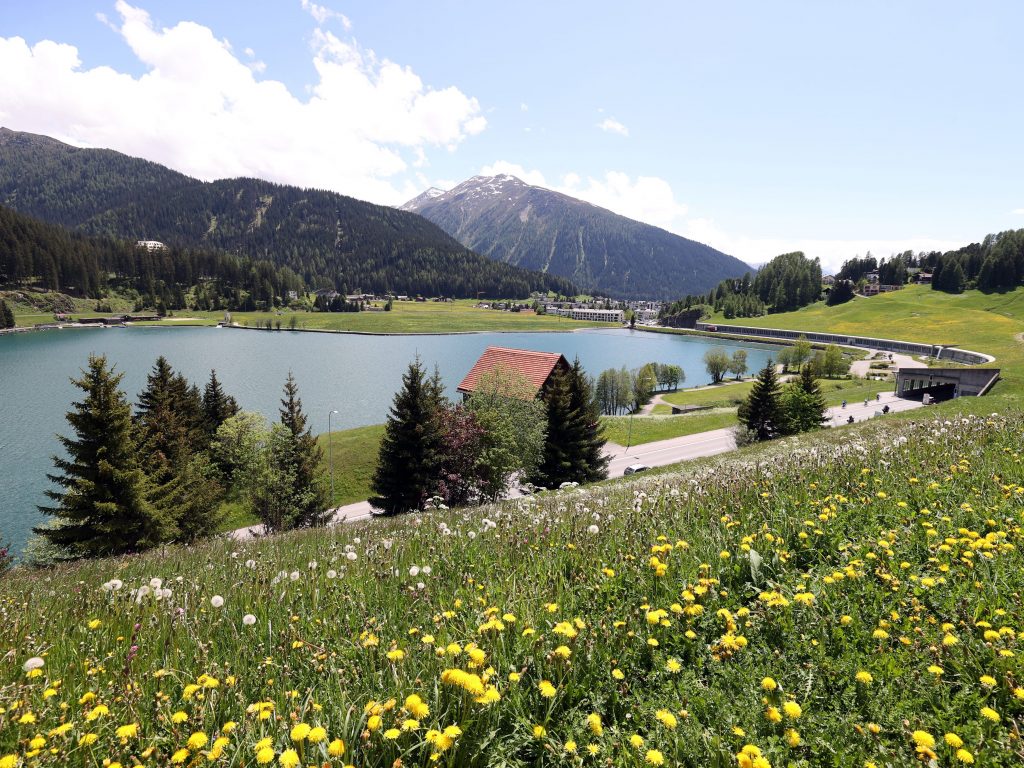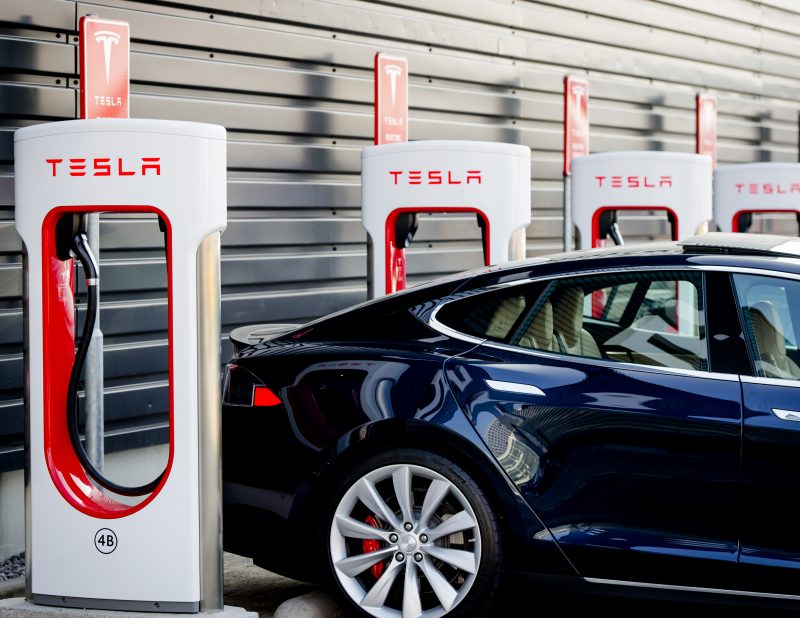- The global elite met in Davos against a backdrop of widening inequality and geopolitical turmoil.
- The event underscored the limits of globalization amid inflation and supply-chain breakdowns.
- Few solutions surfaced, but an expanded climate coalition offered a dash of optimism.
This article is part of Insider's weekly newsletter on sustainability, written by Catherine Boudreau, senior sustainability reporter.
After a two-year hiatus, the World Economic Forum met once again last week in the name of solving global problems. The gathering of global business and political elites in Davos, Switzerland made clear: This year was a different kind of Davos.
Russia's war in Ukraine loomed large and there was lots of talk about where the world is heading amid skyrocketing inflation, worries of a possible recession, and a workforce upheaval.
Russian oligarchs (and their vodka-fueled parties) weren't invited, and political heavyweights from China and Japan were absent. Senior executives from banking, investment management, and education said companies that don't give employees the option to work from home will lose out amid mass resignations. A top official at AB InBev, the world's largest brewer, said investing in local agricultural economies has insulated the producer of Budweiser, Corona, and Stella Artois from supply-chain shocks, raising questions about the future of globalization.
The themes of the springtime meeting — the conference usually takes place in January — differed in some ways from that of the last in-person event in 2020, when WEF published its Davos manifesto encouraging a kinder version of capitalism in which a company's success is measured by not only profits, but whether it is protecting people and the planet for generations to come. Companies and governments have since promised to combat the climate crisis and inequality, yet there is little evidence of impact.
Trends are headed in the wrong direction
Greenhouse-gas emissions rebounded to their highest levels on record as economies reopened following pandemic lockdowns. The wealth-inequality gap is also wider than ever, fueling the longtime criticism of Davos as an out-of-touch playground for the rich.
Count on the charity Oxfam to remind attendees about the state of inequality: The organization reported that a new billionaire was minted every 30 hours during the pandemic and collectively they are worth $12.7 trillion as of March — nearly 14% of global GDP. There are some 2,668 billionaires in the world, 573 more than in 2020. Meanwhile, millions of people, or perhaps even more, are facing a cost-of-living crisis as food and energy prices rise.
Oxfam said governments should implement new taxes on wealth and windfall profits to reduce inequality and fund education, healthcare, and climate solutions. The head of the UN's World Food Program told the Associated Press that billionaires could also step up to combat threats of food insecurity exacerbated by Russia's war in Ukraine, which has disrupted wheat-export markets.
There is some room for optimism
Yes, it's another promise. But more than 50 companies, including Google's parent Alphabet, Microsoft, and the Ford Motor Company, are now part of a coalition working to reduce emissions from heavy industry. Members of the First Movers Coalition have pledged to purchase a percentage of their industrial materials, like aluminum and steel, from suppliers that emit little to no carbon during the manufacturing process. Companies will also spend more on transportation so some products are shipped sustainably. The idea is to spur demand for technologies that aren't yet commercially scalable.
"I've been engaged in climate-change topics for 30 years. Back then, we didn't have solutions. Now, I think we can say we have technical solutions," Luc Remont, the vice president of international operations at Schneider Electric, a member of the coalition, told Insider's Spriha Srivastava on the sidelines of Davos. "I see the momentum now, but the biggest challenge is we have to go faster."










